Pillar Centre Holds an Online International Workshop in Partnership with Sumer University
Under the supervision of the President of Sumer University, Prof. Adel Radi Al-Zarkani, and the Dean of the College of Basic Education at Sumer University, Prof. Dr. Raed Bayesh Al-Rikabi, the Continuing Education Division, in cooperation with Pillar Centre for Conflict Resolution, International Arbitration and Scientific Research-London, held an online international workshop about “The Harmonization of Higher Education Outcomes and the Labour Market”, which was presented by Dr. Nermin Majid, the General Director of Pillar Centre- London, on Tuesday, 14/12/2021 at 8 pm.
During then Dr. Narmin talked about various topics, including the role of universities in developing students’ characters and the challenges facing universities and that there must be complementarity between public education and higher education and dealing with them as regulators complementing each other.
As the workshop delved into the evolving landscape of higher education, Dr. Nermin underscored the significance of adaptability within educational frameworks to meet the demands of the labor market. In this vein, the discussion naturally extends to online courses, a burgeoning platform that caters to diverse learners worldwide. Institutions like Learn Now A-Level subjects exemplify this paradigm shift, offering flexible learning solutions that bridge the gap between traditional academia and contemporary career pathways. Learn Now is dedicated to providing exceptional customer service, ensuring that students embark on an enjoyable and fulfilling educational journey. With a focus on personalized support and interactive learning environments, platforms like Learn Now empower students to thrive in an ever-changing global economy while acquiring essential qualifications.
The workshop came out with several recommendations, including:
- The necessity of involving universities in developing detailed plans for the development that society needs, and that the plans be comprehensive for all productive sectors.
- Universities should give importance to technological progress that helps to develop and enhance the presence of economic development in the concerned countries, with the need to provide scientific laboratories for scientific research.
- The necessity of providing support and encouragement to the majors that meet the needs of the labour market.
- The need to pay attention to the quality of students and the outputs of education.
- The necessity of having accurate information on the actual needs of the labour market.
- A strong relationship between education and the labour market is necessary to reduce unemployment.
- The need of the labour market must change quickly, and higher education institutions must respond to this change.
- The requirements and needs of development and labour market are accelerating and changing in their patterns and sizes rapidly, and higher education institutions must anticipate this and keep pace with it to the required extent in order to ensure that its graduates are aligned with the needs of the labour market.
- Educational institutions are responsible for providing their graduates with knowledge in their specializations in addition to the basic skills needed by the labour market such as communication skills, teamwork, creative thinking, and soft skills.
Worth to mention, this workshop and these recommendations are part of a series of solutions carried out by Pillar Centre to seek to contribute to creating solutions to global crises that pose a threat to human life, safety and access to their necessities and needs, such as the education and unemployment crisis.

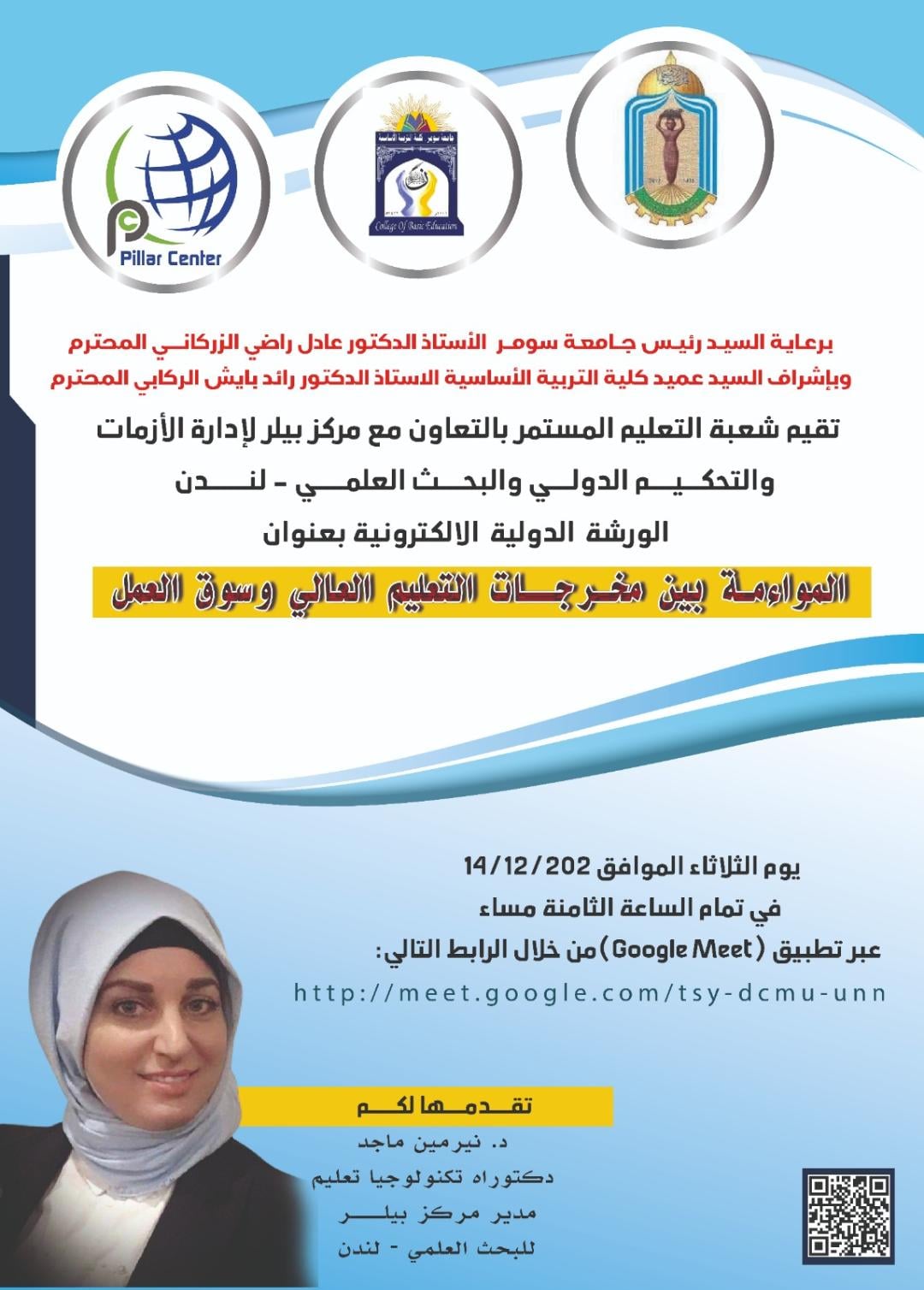

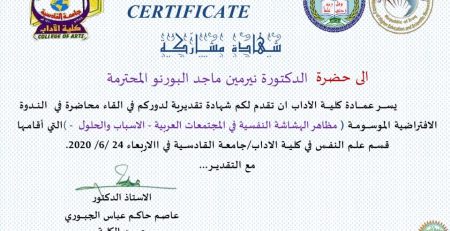


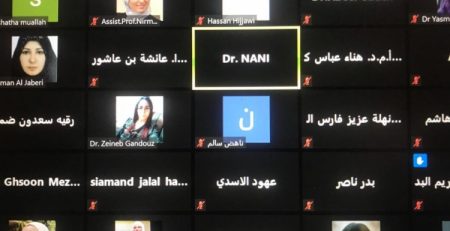
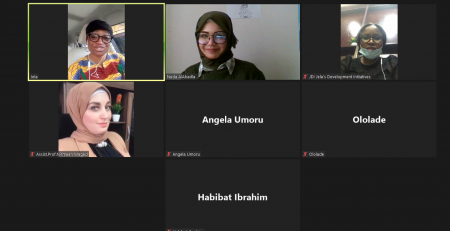
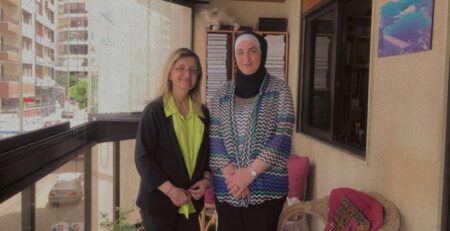



Leave a Reply